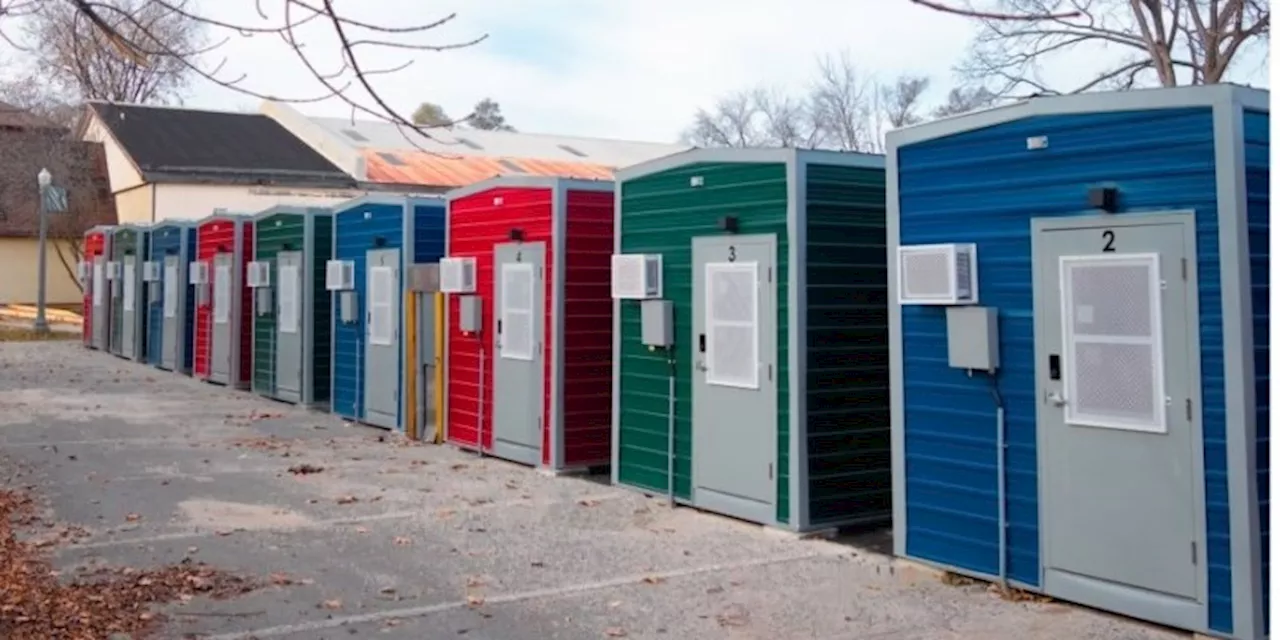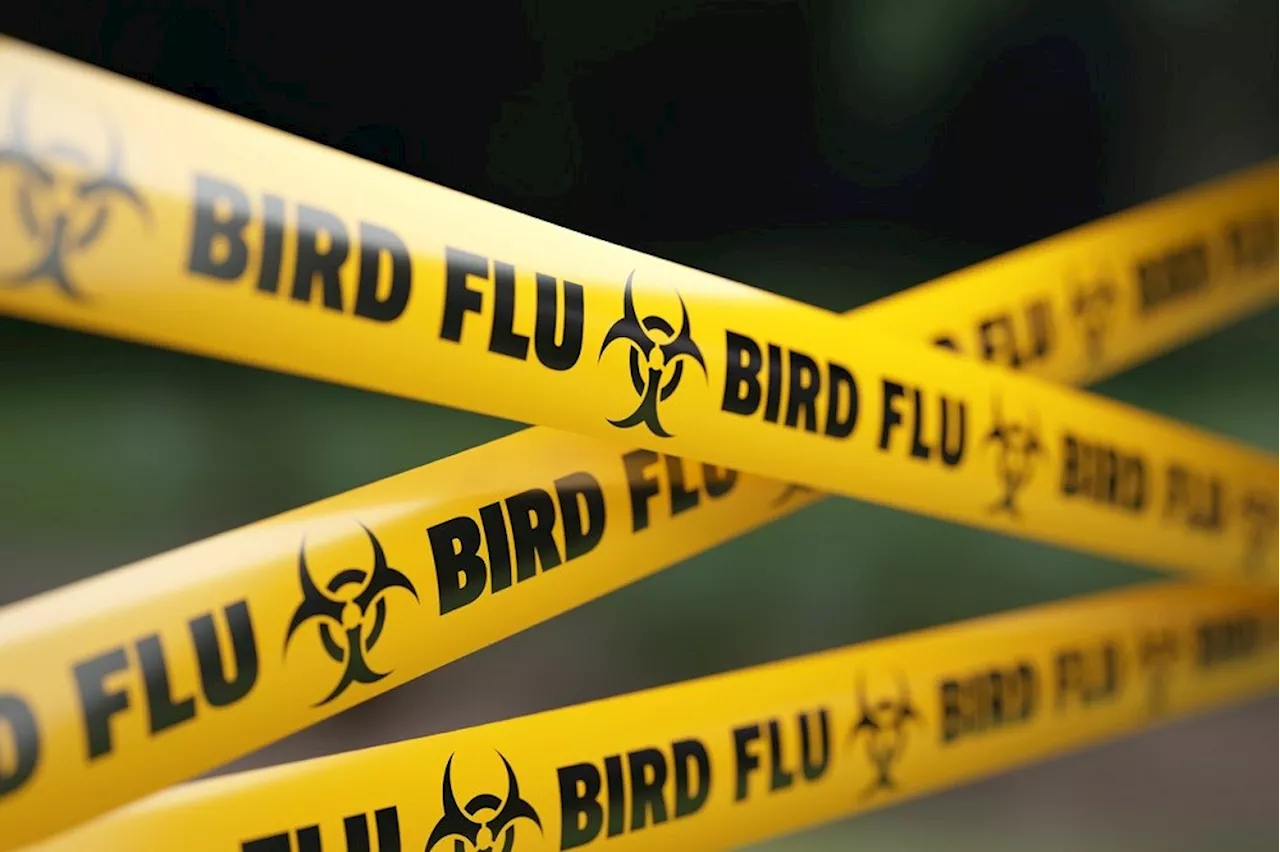It's time for preventive action, four health experts write.
The warnings are increasing. Infectious disease researchers, virologists, veterinarians, and occupational health specialists around the world are sounding alarms.
Worse, the mutations found in the virus that infected the teenager show it’s adapting to humans and is more likely to affect the lungs - possibly explaining why the teen became so sick. Based on initial symptoms alone, H5N1 can’t be distinguished from more familiar influenza strains, COVID-19 or the common cold. In the case of the infected BC teen, even asking about their poultry farm exposure would not have raised any alarms at their first ER visit. BC got lucky, and no H5N1 transmission occurred. The question is what happens next time?
We cannot afford to get this wrong yet again. Beyond the harm done to individuals, every new human infection produces billions of copies of the virus. With a high mutation rate, this allows nature’s evolutionary engine to roll the dice over and over — each one giving the virus another chance to hit the pandemic jackpot.The good news is that with a precautionary approach, it not only can be done, but it has been done.
Justice Campbell’s inquiry into the mismanagement of SARS-CoV-1 laid out the information we needed to do better when SARS-CoV-2 came along. He explicitly specified that “...the precautionary principle that reasonable action to reduce risk, like the use of a fitted N95 respirator, need not await scientific certainty.”
In late 2022, almost two years into the pandemic, the retiring Chief Scientist of the World Health Organization publicly regretted the WHO's failure to accept and act on airborne transmission early on as their biggest mistake that has cost an enormous number of lives. The path forward We do not know how rapidly H5N1 will evolve and spread — but there is a realistic possibility an H5N1 pandemic could be as bad as the COVID pandemic, or even worse. We might get lucky — but to rely on that happening is a gamble, not a strategy.
Canada Latest News, Canada Headlines
Similar News:You can also read news stories similar to this one that we have collected from other news sources.
 B.C. crypto fraudster fined $18.4 million for gambling away clients' cashBitcoin is trading around levels not seen in more than two years after a U.S. regulator approved 11 ETFs linked to the cryptocurrency, drawing both calls that it's a new era for digital money and for caution among investors. An advertisement for Bitcoin is displayed on a building in Hong Kong, on Nov. 18, 2021.
B.C. crypto fraudster fined $18.4 million for gambling away clients' cashBitcoin is trading around levels not seen in more than two years after a U.S. regulator approved 11 ETFs linked to the cryptocurrency, drawing both calls that it's a new era for digital money and for caution among investors. An advertisement for Bitcoin is displayed on a building in Hong Kong, on Nov. 18, 2021.
Read more »
 Mother Refuses to Share Ex-Husband's Legacy After Discovering Gambling LossA woman who lost her first husband and later remarried finds out that her new husband has gambled away his children's college fund. Despite her son's willingness to share, she refuses to pool the remaining money out of principle, as it was her late husband's legacy.
Mother Refuses to Share Ex-Husband's Legacy After Discovering Gambling LossA woman who lost her first husband and later remarried finds out that her new husband has gambled away his children's college fund. Despite her son's willingness to share, she refuses to pool the remaining money out of principle, as it was her late husband's legacy.
Read more »
 Mother's Dilemma: Sharing College Funds After Husband's Gambling LossesA woman, after years of marriage and the loss of her first husband, faces a crisis when her current husband proposes sharing the college fund for their son, after losing money to gambling. The author faces pressure from her family and stepsiblings but stands firm on her principles.
Mother's Dilemma: Sharing College Funds After Husband's Gambling LossesA woman, after years of marriage and the loss of her first husband, faces a crisis when her current husband proposes sharing the college fund for their son, after losing money to gambling. The author faces pressure from her family and stepsiblings but stands firm on her principles.
Read more »
 A Mother's Principle: Refusal to Share College Funds After Gambling LossA woman, after years of marriage with her husband and stepchildren, discovers her husband's gambling habit that depleted their college funds. Despite her son's willingness to share, the author refuses to pool their college funds with her husband's children's funds, citing it as a matter of principle.
A Mother's Principle: Refusal to Share College Funds After Gambling LossA woman, after years of marriage with her husband and stepchildren, discovers her husband's gambling habit that depleted their college funds. Despite her son's willingness to share, the author refuses to pool their college funds with her husband's children's funds, citing it as a matter of principle.
Read more »
 Governments must rein in online gambling before it's too late, say public health expertsThe Lancet public health commission's report calls for immediate and co-ordinated action from national and local governments, as well as intergovernmental agencies like the United Nations to address the harmful effects of gambling.
Governments must rein in online gambling before it's too late, say public health expertsThe Lancet public health commission's report calls for immediate and co-ordinated action from national and local governments, as well as intergovernmental agencies like the United Nations to address the harmful effects of gambling.
Read more »
 City seeks temporary shelter village feedbackPublic can voice their opinion via an online survey or through email.
City seeks temporary shelter village feedbackPublic can voice their opinion via an online survey or through email.
Read more »
